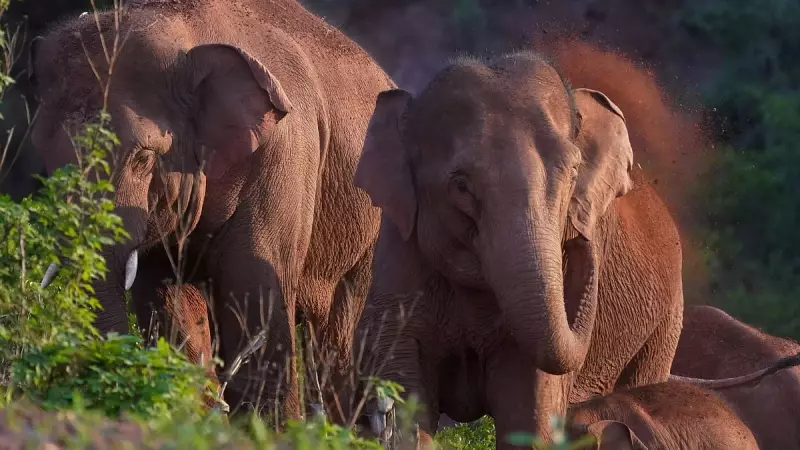
New DNA Evidence Reveals Troubling Trend for India's Elephants
A groundbreaking DNA-based report has uncovered a disturbing decline in elephant numbers across India, pointing to shrinking habitats and fragmented redistribution as primary causes. The study, which represents the most comprehensive genetic analysis of elephant populations to date, confirms conservationists' worst fears about the future of these majestic creatures.
The Shrinking Habitat Crisis
The research clearly indicates that elephants are losing ground at an alarming rate as human development continues to encroach on their traditional territories. Forest corridors that once connected different elephant populations are being severed, leading to isolated groups that struggle to maintain genetic diversity and sustainable numbers.
Vinod Krishnan, in his analysis published on November 13, 2025, highlighted how the new findings contradict previous estimates that suggested more stable elephant populations. The DNA evidence provides a much more accurate picture than earlier counting methods, revealing patterns that were previously undetectable through conventional survey techniques.
Fragmented Redistribution Patterns
The report documents how elephant groups are being forced into smaller, disconnected pockets of forest. This fragmentation creates multiple problems for the species' long-term survival. Smaller, isolated populations face greater risks from disease, inbreeding, and local environmental changes that could wipe out entire groups.
Experts note that the redistribution isn't just about numbers decreasing overall, but about how the remaining elephants are being concentrated in certain areas while disappearing from others. This creates new challenges for human-elephant conflict management as elephants venture into human settlements in search of food and territory.
The timing of this report is particularly crucial as conservation organizations and government agencies plan their wildlife protection strategies for the coming decade. The DNA-based methodology sets a new standard for wildlife population assessment and could revolutionize how we monitor endangered species across India.





